#TACT
Text

#wisdom#discretion#tact#diplomacy#kindness#compassion#empathy#understanding#forgiveness#letting go#moving on#self-control#self-awareness#emotional intelligence#conflict resolution#communication#relationships#boundaries#art#photography#spilled thoughts
289 notes
·
View notes
Text
The Art of Discretion: Mastering the Fine Line Between Tact and Truth
Discretion is the art of being subtle, tactful, and sensitive to the privacy of others. It is an important quality in many aspects of life, including personal relationships, professional situations, and social interactions. Here are some tips for mastering the art of discretion:
1 .Listen More Than You Speak: One of the key aspects of discretion is knowing when to speak and when to stay silent. Listen carefully to what others are saying and gauge the level of sensitivity around the topic. Avoid sharing confidential or sensitive information with others unless it is absolutely necessary.
2. Be Respectful of Others' Privacy: Respecting the privacy of others is essential to mastering discretion. Avoid gossiping or sharing personal information about others, even if it may seem harmless. Keep information confidential unless you have explicit permission to share it.
3. Use Discretion When Posting on Social Media: Social media can be a breeding ground for oversharing and lack of discretion. Be mindful of the information you share on social media and how others may perceive it. Consider the potential consequences of sharing information before you post.
4 .Know When to Speak Up: Discretion is not always about staying silent. Sometimes, it is important to speak up in situations where someone's safety or wellbeing is at risk. Use your judgment to determine when it is appropriate to speak up and when it is best to stay quiet.
5. Practice Empathy and Understanding: Practicing empathy and understanding is key to mastering the art of discretion. Try to see things from other people's perspectives and understand how your actions and words may affect them. Be sensitive to their feelings and experiences.
In summary, mastering the art of discretion requires a combination of active listening, respect for others' privacy, thoughtful social media use, knowing when to speak up, and practicing empathy and understanding. By focusing on these qualities, you can become a more discreet and thoughtful individual in all aspects of your life.
#discretion#rich aesthetic#rich aunt#empathy#tact#privacy#wealth#high value women#high value#childfree#beauty#travel#sucess
682 notes
·
View notes
Text

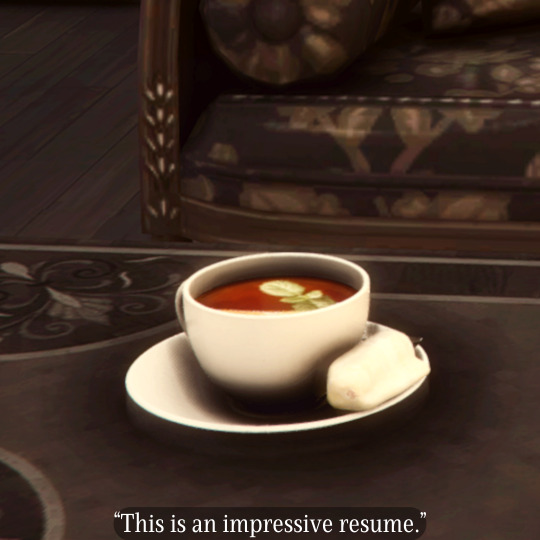
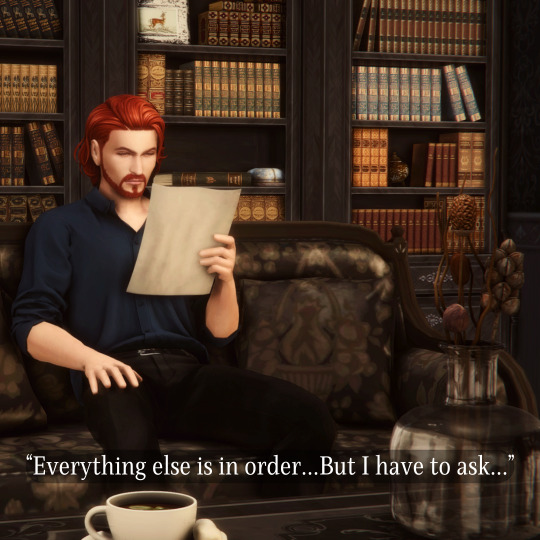
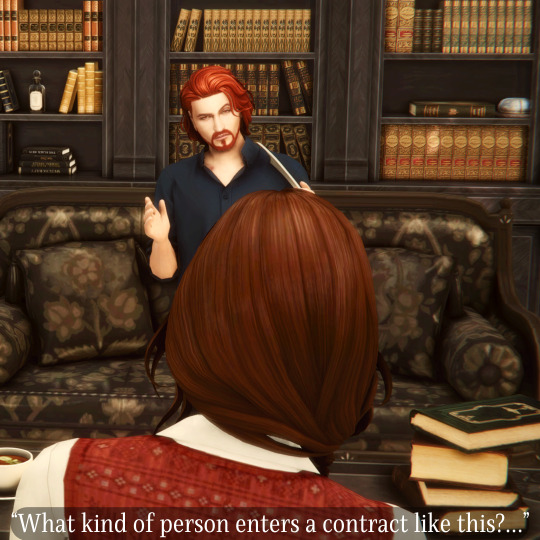



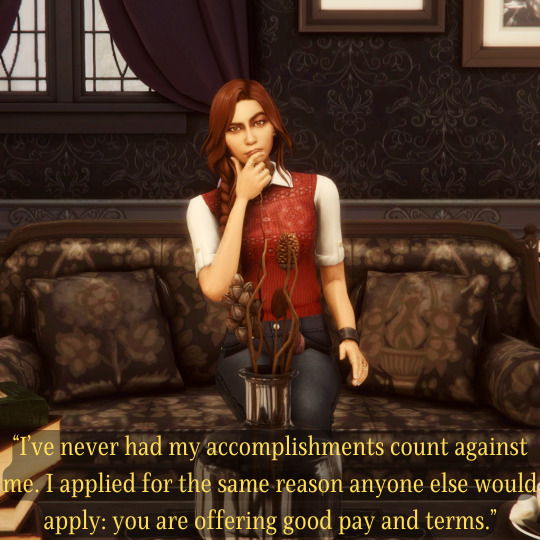



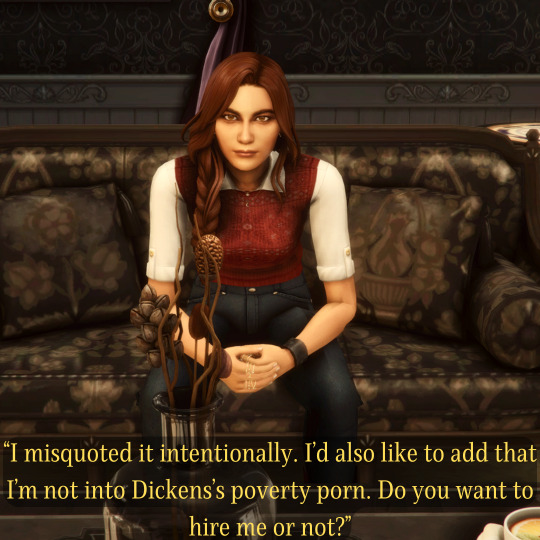









Beginning/Previous/Next
#sims 4 story#the sims 4#ts4 simblr#tact#sims 4 vampires#what#am#i#thinking?#but in my defense#i was rereading midnight secretary#I did work on the other stories#i know#welp#here we are
39 notes
·
View notes
Text





various cross headshots
12 notes
·
View notes
Photo
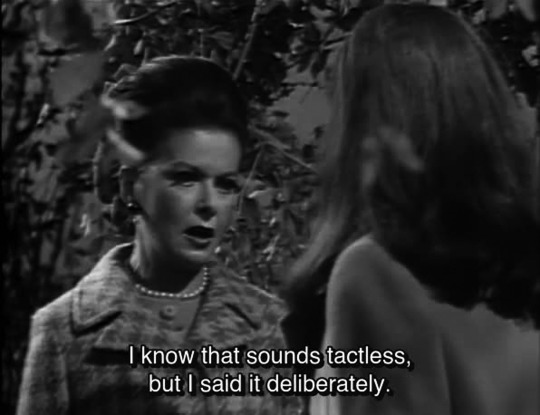
Source details and larger version.
There’s still nothing like Dark Shadows.
47 notes
·
View notes
Text
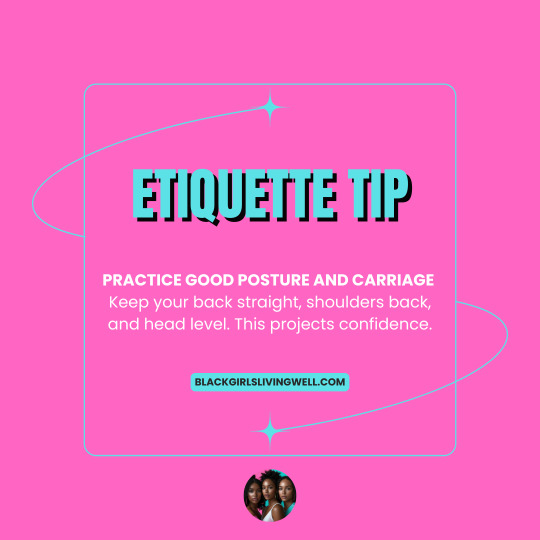
Practice good posture and carriage. | Etiquette Tip
#etiquette#manners#courtesy#politeness#respect#consideration#decorum#propriety#protocol#conduct#behavior#civility#graciousness#refinement#gentility#gallantry#chivalry#formality#poise#tact#diplomacy#deference#blackwomen#blackwoman#blackgirlmagic#blackgirlsrock#trending#viral
2 notes
·
View notes
Text
youtube
My submission to sirfluffbutts contest! Featuring OC's from my mafia world
#my art#elpida#spero#order#chaos#roe hayes#julie hayes#may chandra#the hoardkeeper#mafia world#tact#animation meme#animation#Youtube
5 notes
·
View notes
Text
Legit assistance request:
I have an autistic issue wherein if somebody sends me a meme that I have previously sent them, a gremlin in my brain has to announce that I've already sent it to them. I have to. I cannot let it go. I must tell them.
When I did that this morning, (for the Tumblr Post about the 18th century sailing vessel answering a distress call) my friend finally admitted to me that when I tell him I sent him that image days ago or even earlier that day, he feels like I'm telling him that he's stupid because he doesn't remember who sent it to him. (And has felt this way for YEARSE).
I am asking for help in figuring out.. how can I let him know that I've seen it and sent it to him already, AND satisfy the gremlin in my brain, but word it better so as to not make him feel like I'm calling him stupid for sharing it with me?
#nd#autism#wording help#compassion#-saw this already cuz i sent it to you- not good#diplomacy#tact#help me plz
6 notes
·
View notes
Text
Your Tact Quotient
A gentle answer turns away wrath,But a harsh word stirs up anger.
Proverbs 15:1
Hey you! It’s time for a heart to heart.
Not between you and me–I’m talking about between you and _____________. The person in that blank is someone you’ve got issues with, and darn it, it’s time to talk about them! It could be a difference of opinion, a performance review, or some other difficult subject you need…

View On WordPress
3 notes
·
View notes
Text
So I’m going to take a shower, feed my cat, pour myself a glass of wine and see if I can write this Sandman meta about living in dreams tonight, but before I do that, consider:
For all John Burgess called Dream a liar and the King of Lies, and etc. etc., the fact of the matter remains that Morpheus is a) compulsively honest and b) almost entirely unfamiliar with the concept of tact. And that’s what gets him in trouble like at least 74.6% of the time.
#the sandman#dream of the endless#like he's very honest about everything constantly all the time#and he's also usually right unless he's talking about himself but many of us don't fully understand ourselves that's just how it goes#but tact son#tact#someone needs to teach you about tact
50 notes
·
View notes
Note
Hi, I'm an ISTJ (female) currently in a relationship with an ESFP (male) for 2 months. Recently, I found out that he's experiencing an Se-Te loop out of stress in his new schooling environment and on top of his part-time job. As an effect of that, he started withdrawing from me one month into the relationship and is recently exhibiting lashing out and micro-managing tendencies towards my life. I'm just wondering what I can do in order to help him or to make him feel safe enough to open up to me?
Conflict that arises from negative tertiary loop and inferior grip behavior is common in close relationships. It's easy to get sucked into the other person's problems and subsequently form unhealthy relationship patterns over time. Dealing with the worst of it requires you to be the adult when the other person can't.
1) Do not view loop/grip behavior as pathological. I have yet to meet a person who hasn't experienced loop/grip, so it's counterproductive to treat it as "abnormal". When one experiences intense inner conflict, loop/grip arises to protect the most vulnerable parts of oneself. In other words, when viewed from within the context of one's inner world, loop/grip is a reasonable response. When viewed from the outside, it seems disturbing, but remind yourself that it is usually a sign of limited knowledge, skills, and resources. When one hasn't had the opportunity to learn healthy coping methods and/or doesn't have the mental resources required to cope with life's stressors, all one can do is rely on unhealthy defense mechanisms to get by.
For instance, when ESFPs descend into loop or grip, what they are usually trying to do is manage a deluge of negativity, particularly dangerous threats to their self-esteem and self-worth. Perhaps they've lost sight of their better self, so they use Te loop as a misguided way to prove their worth. Or perhaps they have not recognized the true extent of their unhappiness and they use Ni grip to withdraw and reflect on it, as opposed to continually engaging with the world in ways that exacerbate unhappiness.
Loop/grip does not produce growth-positive results, but that doesn't mean it's not serving an important psychological purpose. Thus, if you want to help someone in loop/grip, you have to understand why it's happening and offer a different, more productive way to fulfill that psychological purpose. However, you're not a therapist and it shouldn't be your job to therapize, so there's only so much you can do to help someone with deeper psychological issues. In some cases, perhaps the most you can do is help them manage their stress better in the short term.
Looping ESFPs have difficulty getting in touch with their feelings because setting Fi free might stop them from experiencing/getting something they've talked themselves into wanting. Fi development is necessary to get back in touch with what they really need for being a person of integrity and living a fulfilling life. They resist Fi as long as they believe it will compel them to make a daunting change that they aren't prepared to make. However, ESFPs are very practical people. If you're able to offer a compromise or solution that seems feasible and manageable to them, there's a good chance they'll hear it.
2) Do not take loop/grip behavior personally. When someone lashes out at you, there is a natural tendency to take it as an attack that warrants a defense. Unfortunately, raising your defenses will come off as aggressive, which easily leads to warfare mentality. At that point, the chance for resolution grows ever smaller. Even when words/actions are intended to be hurtful, it is important to remember that the person isn't seeing and directing them at the real you. In their compromised state of mind, you are but an object onto which they project whatever conflict is happening within. Tip: During conflicts, try to keep in mind what he's like at his best and you won't be so easily derailed by his worst.
3) Do not escalate problems by getting baited into unleashing your darker self into the mix. A person suffering from loop/grip oftentimes wants you to bite them back, to amplify their inner critic, to justify their victimhood, to punish perceived sins, etc, because they're unconsciously playing out old patterns of pain, but that's not what they need.
What they need is someone to be calm, moderate, and objective, as exhibited through good communication skills. Communication is an art, meaning there's no perfect way to do it, and there's no way to speak such that you never offend anyone. You can't control how others react to you, but respectful, empathetic, and tactful communication really helps to de-escalate tense conflicts.
Some general principles of healthy communication:
- Communicate respectfully: Grant everyone the freedom to express themselves authentically. If you find yourself getting too heavily involved or agitated in the process, express your feelings matter-of-factly as needed, without any hint of blame or judgmentalness. Express yourself responsibly by using "I…" statements that speak only for you and your experience, and encourage others to follow.
- Communicate empathetically: Put yourself in their shoes by gathering information about their perspective, including: how they view things, why they feel as they do, and/or how their past experiences might've led them to react badly (info about their emotional triggers will also help you navigate future conflicts). Don't assume anything; make sure you actually understand the intended meaning. Ask questions gently to clarify things you don't understand and figure out what you can contribute to help their situation.
Keep in mind that some people's experience might be very different from what you've known (especially when you have opposing functions), so make a point to validate people by acknowledging that they have a right to their own personal boundaries, preferences, experiences, feelings, opinions, beliefs, and values. When you give validation, you offer a chance for emotional release, in hopes of dialing down the intensity. People are far less likely to act out once they feel seen and heard, which is why active listening is such a key communication skill.
- Communicate tactfully: The word "tact" is rooted in touch. It means handling something with the amount of care that is necessary to keep it in good condition. Being tactful in relationships means interacting with the amount of care that is necessary to preserve goodwill between people. Conflicts can get very heated. You're not a saint, so you can't always avoid getting influenced by strong negative emotions. You are entitled to feel what you feel, but it's how you decide to respond to your feelings that matters most. You need strategies for keeping a cool head during conflict, such as mindfulness training. It may help to keep your eye on the end goal or bigger picture. Before you say/do something, ask yourself: Is this going to produce the effect I hope for?
When things get heated, calmly set and enforce appropriate boundaries with a reminder of what is acceptable vs unacceptable behavior in a loving relationship. Generally speaking, you shouldn't fight people's battles for them because that prevents them from learning how to do it themselves. Thus, avoid giving them unsolicited advice, trying to force change, or arguing against and invalidating their feelings - these all constitute a violation of personal boundaries. If you want to give advice, obtain consent, and remember that the problem is theirs to resolve, not yours (this goes both ways). Maintaining good personal boundaries for everyone during conflict is essential because a relationship cannot survive long without respect and kindness. All couples fight. Healthy couples fight responsibly, negotiate and resolve issues, and come out wiser and closer. Unhealthy couples take their gloves off, repeat and rehash issues, and come out deeply hurt or damaged.
A romantic relationship should be between equals. This means your feelings are just as important as his feelings. One mistake helpful people often make is being submissive or placating during conflict, usually because they fear triggering very negative emotions. This pattern easily turns you into a doormat or punching bag. Yes, show people you're willing to help and give some leeway for loss of control, but, in return, they must eventually show you a willingness to cooperate and collaborate on a resolution. Otherwise, it's a no-go, and you should step away until they are adult enough to be reasoned with. Someone who isn't capable of handling conflict reasonably even when calm isn't ready for a serious romantic relationship, and you should reflect on whether it's good for you to continue on with them.
Useful examples:
"You seem very stressed lately, is that the case?" (fact-find)
"I'm willing to listen, do you want to talk about it?" (offer)
"It sounds like a very frustrating situation. I understand why you would feel angry about it." (validate)
"If you want to handle it yourself, I will respect your space. I care about you and your well-being. I hope you know that I am your partner and partners help carry burdens when they get too heavy. I'm available whenever you're ready to talk." (reassure)
"It's not fair to take your frustration out on me. I want to be a source of help or comfort to you, so why not try to work the problem out together?" (tactful reminder)
"I should be the one to manage my own life. If you want to help me, I request that you do so respectfully by {explain what you want them to do}." (set boundaries)
"This issue is bigger and more complicated than I thought. Why don't we take a brief time-out, grab some water, and return to the issue with clearer heads?" (monitor emotional intensity)
See also the articles in the site index about Caring for Emotional Needs and Communicating Through Conflict
#istj#istj relationships#esfp#loop#grip#helping#comforting#communication#conflict#de escalation#empathy#tact#boundaries#respect#relationships#ask
13 notes
·
View notes
Text

Fucked up my own ocs scare placement uhhh I didn't want him facing the same way as the left one so I just flipped it okay you get the idea
#my art#art#my oc#tumblr art#tumblr#doodle#drawing#oc#tactical#tact#spec ops#cod#mw2#tw scars#ask to tag
17 notes
·
View notes
Text




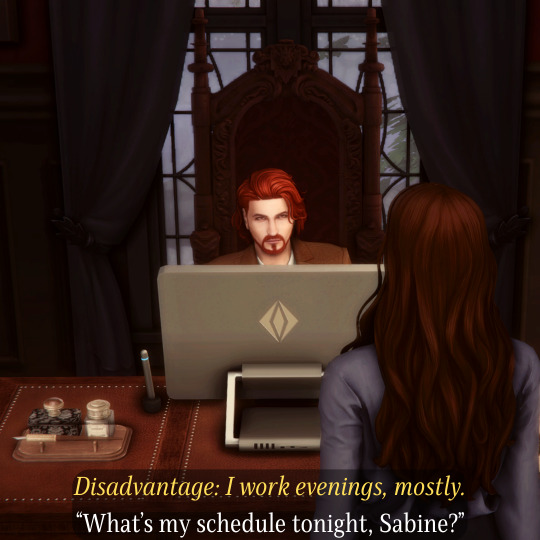







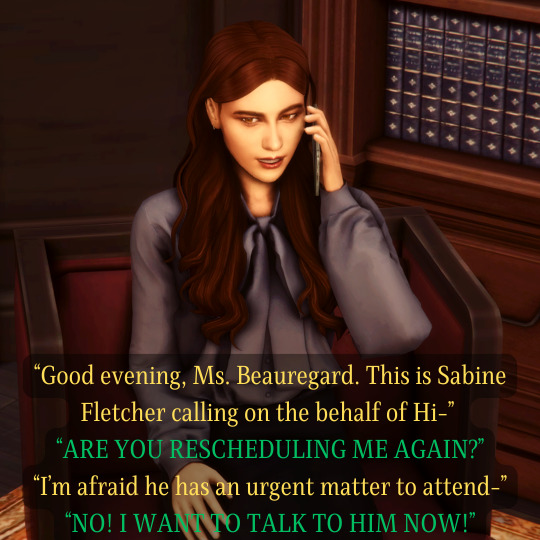
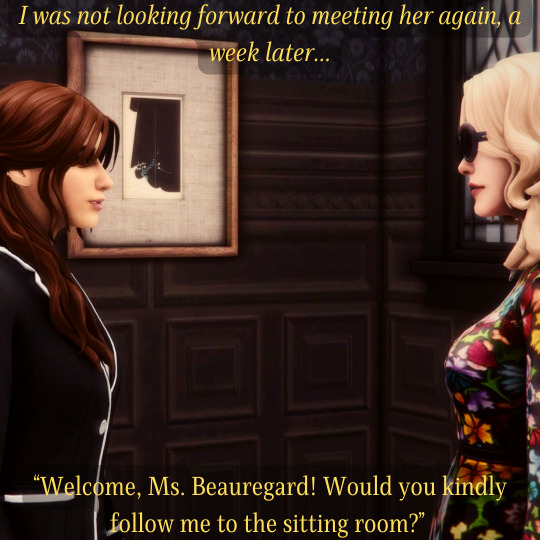
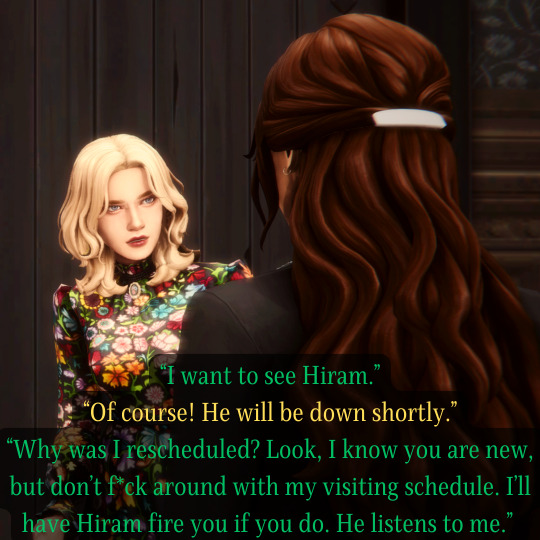
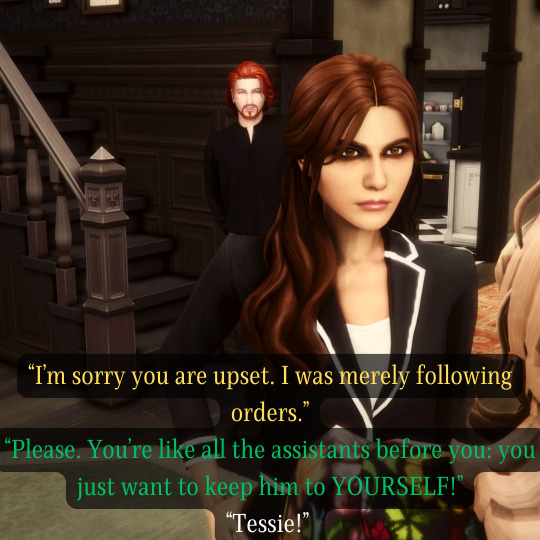




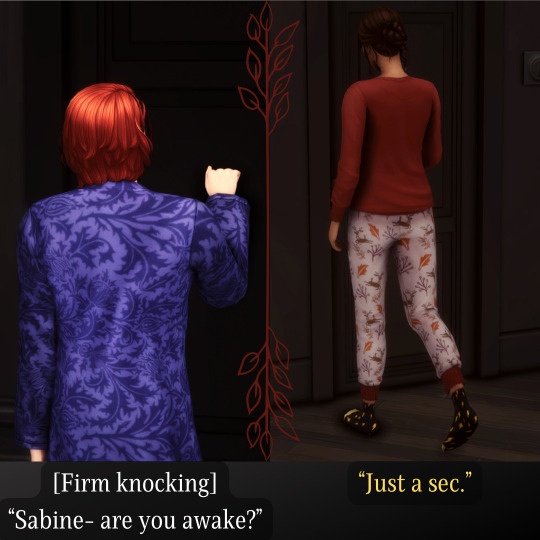




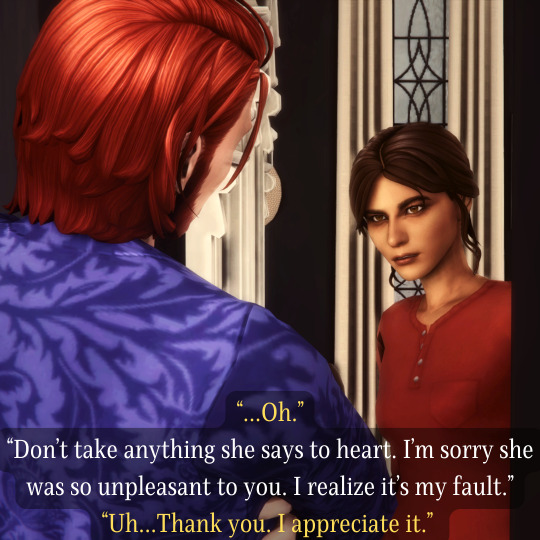




Beginning/Previous/Next
#sims 4 story#the sims 4#ts4 simblr#tact#sims 4 vampires#hiram stewart#sabine fletcher#tessie beauregard#meow#sabine has sox appeal#it was me#i killed the sash#never cover up#that's just crazy tawk#he was teasing her#she shut him down#but that's tsunderes flirting for ya
39 notes
·
View notes
Text

owed art
13 notes
·
View notes
Text
SHE’S THE DEAD ONE OVER THERE
19 notes
·
View notes
